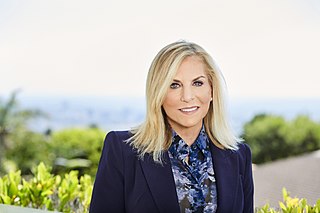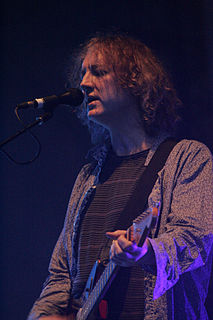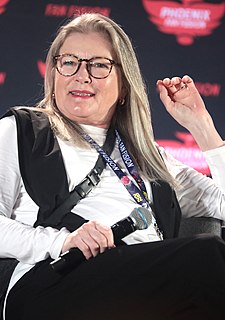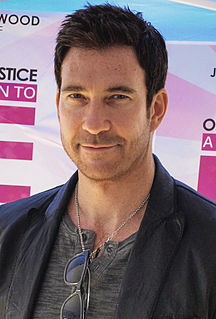A Quote by Seth Shostak
Lamentably, alien audiences may be frustrated by the switch to digital television. That's because the transmitter power for DTV is fairly evenly spread across the spectrum. The spikiness is gone, and from afar, the attention-grabbing squeals of analog television's carriers have been replaced by DTV's smooth, low hiss.
Related Quotes
The advertising marketplace is moving rapidly into digital videos. We know that by 2018 it is estimated that it will be a $12.2 billion business. We've been seeing the agencies combine their digital video spend with television spend and put it under one spend and just calling it "video." The pool of money is becoming much bigger. The comparisons between television and digital video are being made much more often because you can account for who's watching, you can't fast-forward through the commercials. There's a much more intimate relationship with someone watching digital video.
It's the digital era. What makes it exciting is that it's both the Golden Age of television and the Wild West of television. Something is happening now that's unprecedented, and we know that we're a part of it. What could be more exciting or better than that? You can't lose because you're on the pony and you're staking the claim.
If you're going to be a media brand and not just a linear television brand, then you have to make sure you're speaking to all women and all interests, so it may mean that you end up smaller audiences serving individual pieces of content, but the aggregate is what's important and what we're paying attention to.
I did television for a very long time, but if you're on television, words don't count. What the eye sees beats the words. If you switch sides, from radio to television, you learn that the wordiness that you learn on the radio is useless or not nearly as powerful, and you have to learn to trust that the eye will just beat the ear.




































